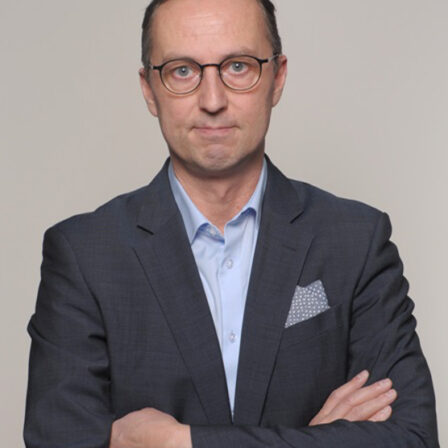How has Turku’s internationalisation been taken into account in higher education? How can higher education institutions promote access to higher education for multilingual Turku residents? Turku University of Applied Sciences Talk Round Table brought together experts to discuss solutions.
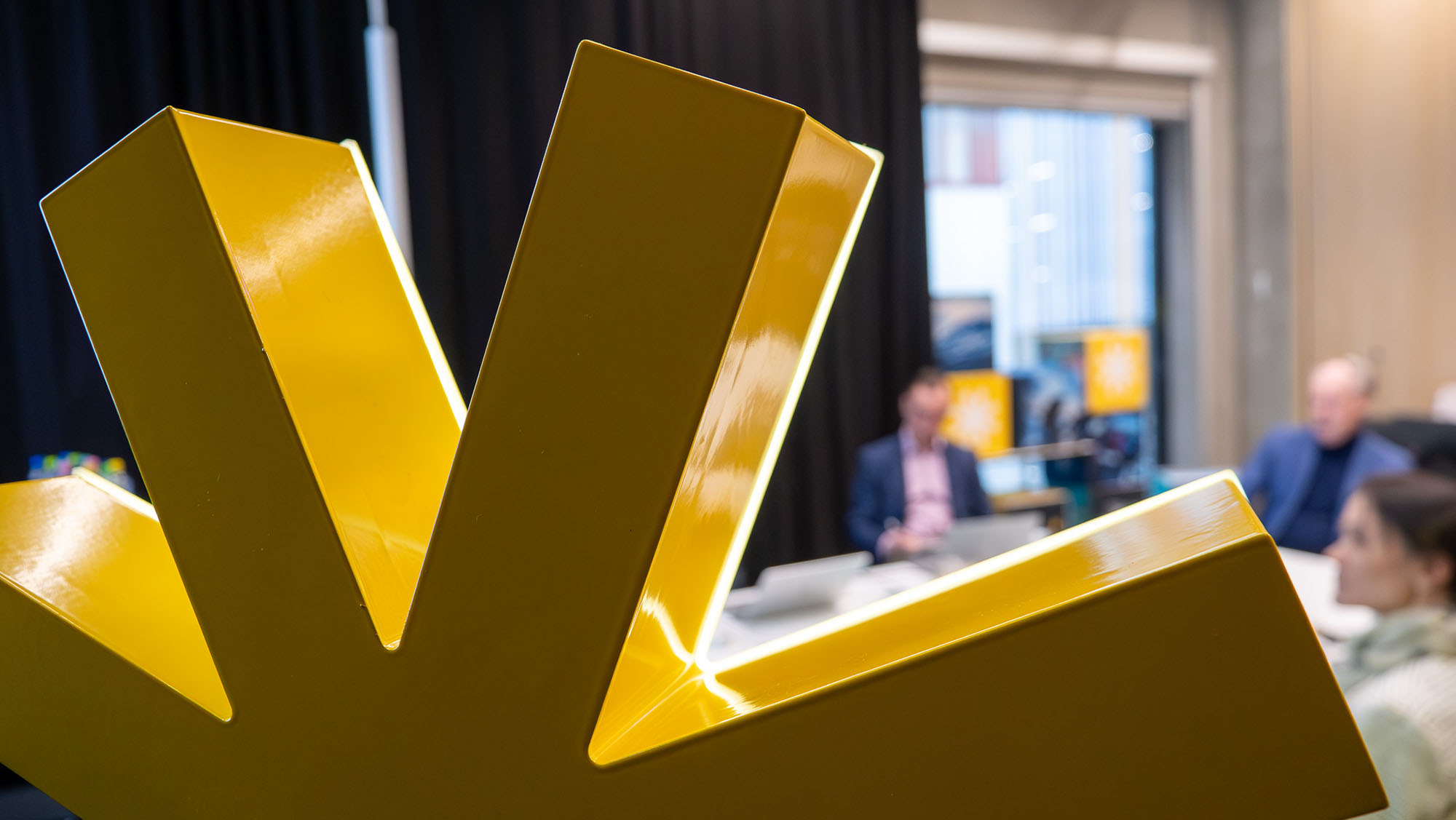
Published:
Edited:
Sami Savolainen, Director of Services of Turku University of Applied Sciences, invited representatives from the Turku city, the University of Turku and secondary education to discuss the topic at the Talk Round Table.
“Talk Round Table is a new kind of opening from Turku University of Applied Sciences. We aim to promote social discussion and interaction, where even complex topics are approached from expert positions. The aim is to identify a few concrete areas for development or measures that we could take forward,” says Savolainen.
The population of the city of Turku is growing, especially thanks to immigration
One of the reasons for this growth is migration, where higher education plays an important role. As in other large Finnish cities, universities are attracting new residents.
Also noteworthy is the increase in labour and educational immigration. 16.7% of Turku residents speak a language other than Finnish or Swedish as their mother tongue. Net immigration to Turku last year was + 2 893 persons.
The city is internationalising, but are universities internationalising?
Discussants at the event were Timo Aro, Strategy Director of the City of Turku, Anna Kivinen, Project Director of the Key Competences Project, Heli Kamppari , Planning Officer, SIMHE Services and Strategic engagement and impact of the University of Turku, and Sari Barck, Study Counsellor and Team Leader of Study Counsellors at Turku Vocational Institute. From Turku University of Applied Sciences, the Vice Rector of Education Juha Kontio and Senior Lecturer Tiina Hirard were interviewed.
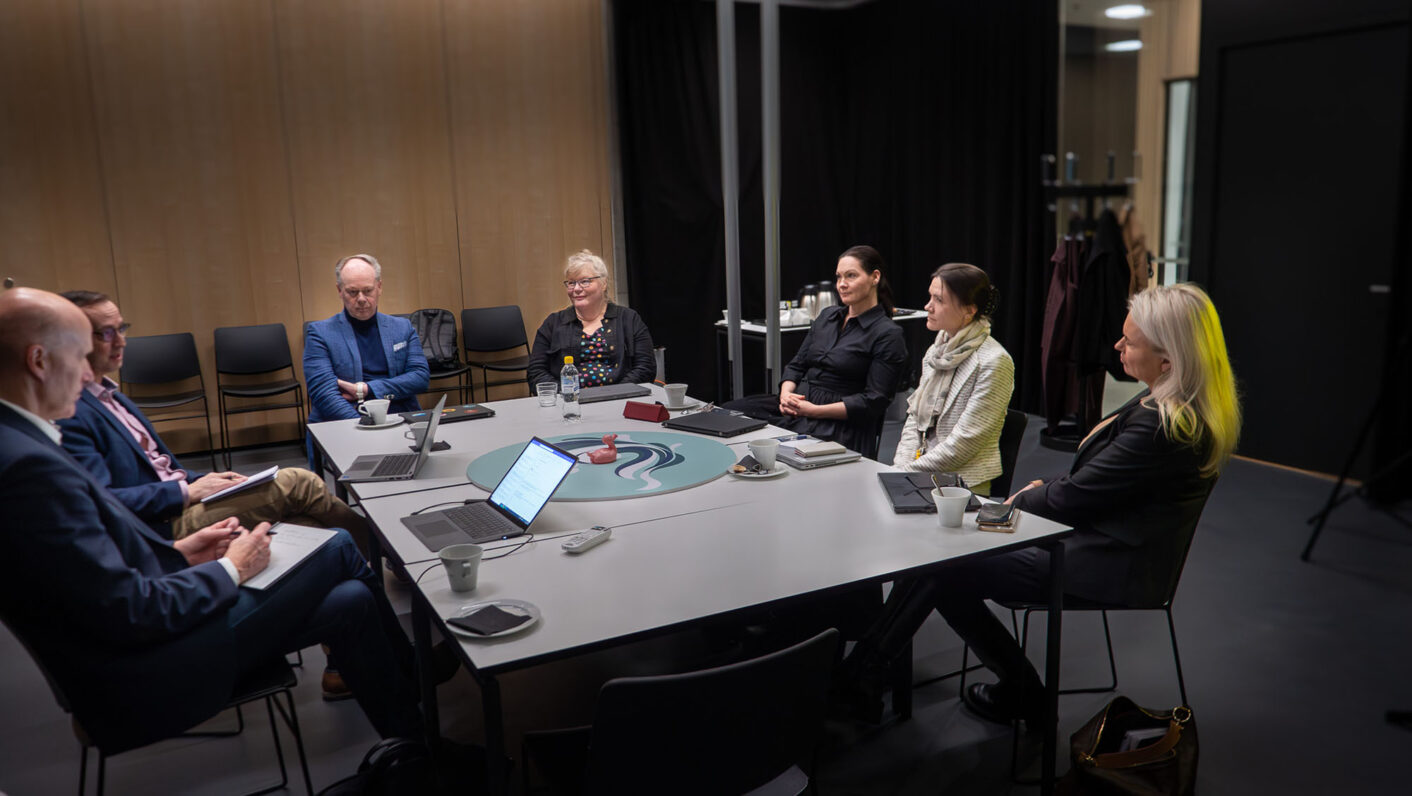
Strategy Director Timo Aro is known for his analysis of regional, urban and demographic development. He opened the discussion by looking at the population growth figures for Turku.
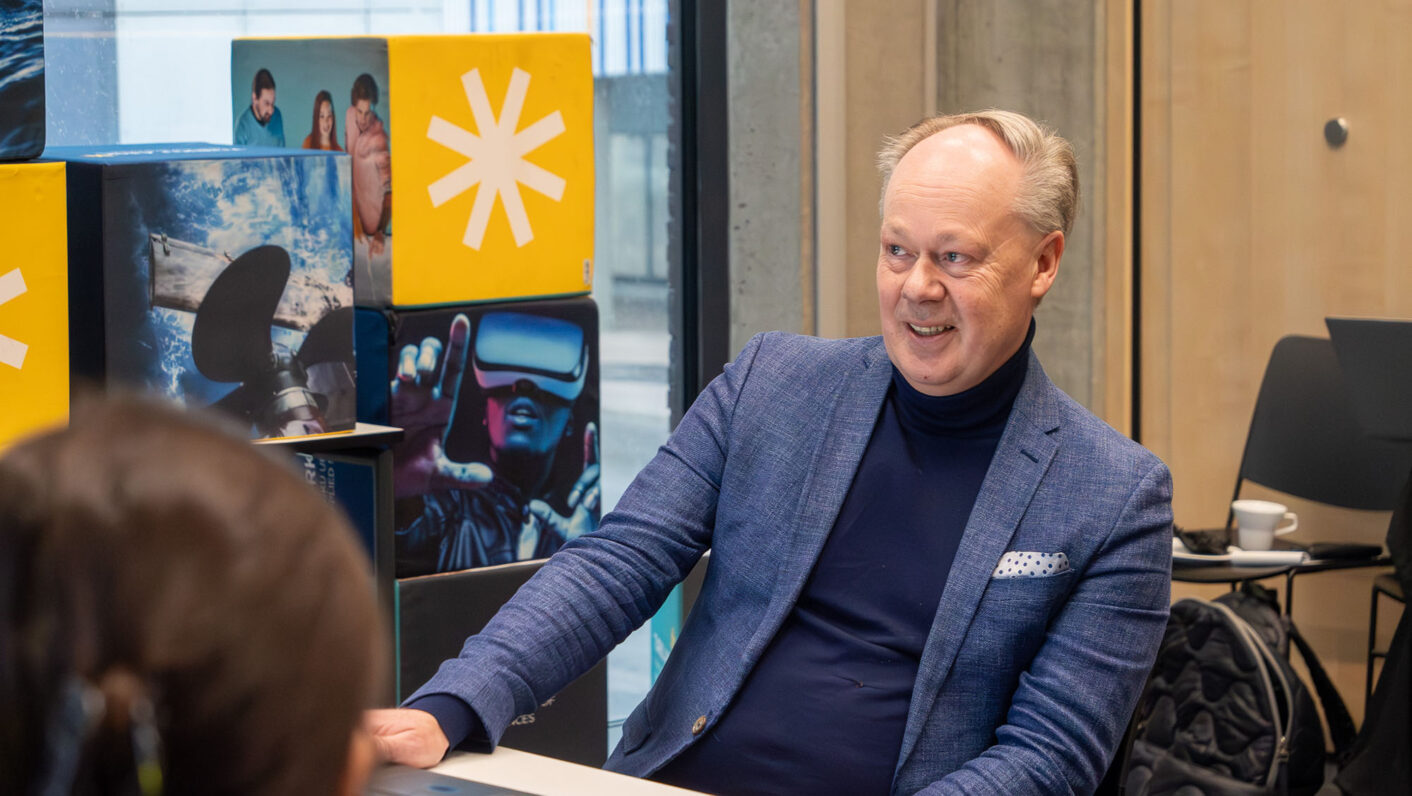
It is important to remember that the 34 400 multilingual Turku residents are the solution – not the problem.
Timo Aro
Strategy Director, City of Turku
“For the labour market, it is essential to take into account the age groups of international migration. Migration gains are heavily concentrated in the 20-39 age group, which is a truly optimal group for the labour market.”
Anna Kivinen, Project Director of the Knowledge Initiative, stimulated the debate on business life in her speech. She said that despite the will for development between the city and education, it is crucial to involve business representatives in sharing the vision. The ability and willingness of businesses to recruit multilingual people is a clear factor in integration.
Cooperation with working life was also emphasised by Juha Kontio, Vice Rector of Education at Turku University of Applied Sciences. Turku UAS has also made clear progress in internationalisation figures and the growth target has been set high. Mr Kontio also stated directly that, in addition to the growth target, Turku UAS has work to do, particularly in recruiting international staff. Their share (3.3% of staff) is relatively small when compared to the number of international students.
Accelerating growth – language training is key
Sari Barck from the Turku Vocational Institute had a strong message for the other panellists. More Finnish language training is needed to ensure a smooth learning path. If Finland’s higher education level is to be raised, it requires learners to have the language skills required for higher education.
“Already 28% of the students at the Turku Institute of Vocational Studies (TAI) are multilingual. Some of them want to obtain a vocational qualification first and then go straight into the world of work. But a significant proportion would like to go on to higher education, especially to a university of applied sciences. We need consistent and clear information in plain language on how multilingual graduates from upper secondary education can progress along the educational pathway.”
The key role of language training was also highlighted by Heli Kamppari from the University of Turku. Ms Kamppari presented the SIMHE network, which addresses issues related to higher education for immigrants and asylum seekers. In addition to research work, SIMHE organises personal guidance, group guidance and webinars. Demand for the service has been growing in recent years, particularly in Southwest Finland. Kamppari also identified language skills and cultural adaptation as critical factors for employment.
Lecturer Tina Hirard, developer of the MOI service for immigrant and multilingual students at Turku University of Applied Sciences, also emphasised language skills and community. Turku University of Applied Sciences is in the process of launching a service to strengthen the Finnish language of its staff. Talk Round Table came up with the idea of a common language forum for Turku’s educational organisations, where education experts could strengthen their language skills together.
More international Turku – Talk Round Table discussion highlights
- 34 400 multilingual Turku residents are the solution – not the problem. It is important to pay particular attention to the 20–39 age group, which is an important group for the labour market.
- The ability and willingness of companies to recruit multilingual people is a clear factor for integration. Universities need to work together with companies.
- Language skills help people to study in higher education and find a job. More Finnish language training and support services are needed.
Further information
Visit
Read next
-
Press Release
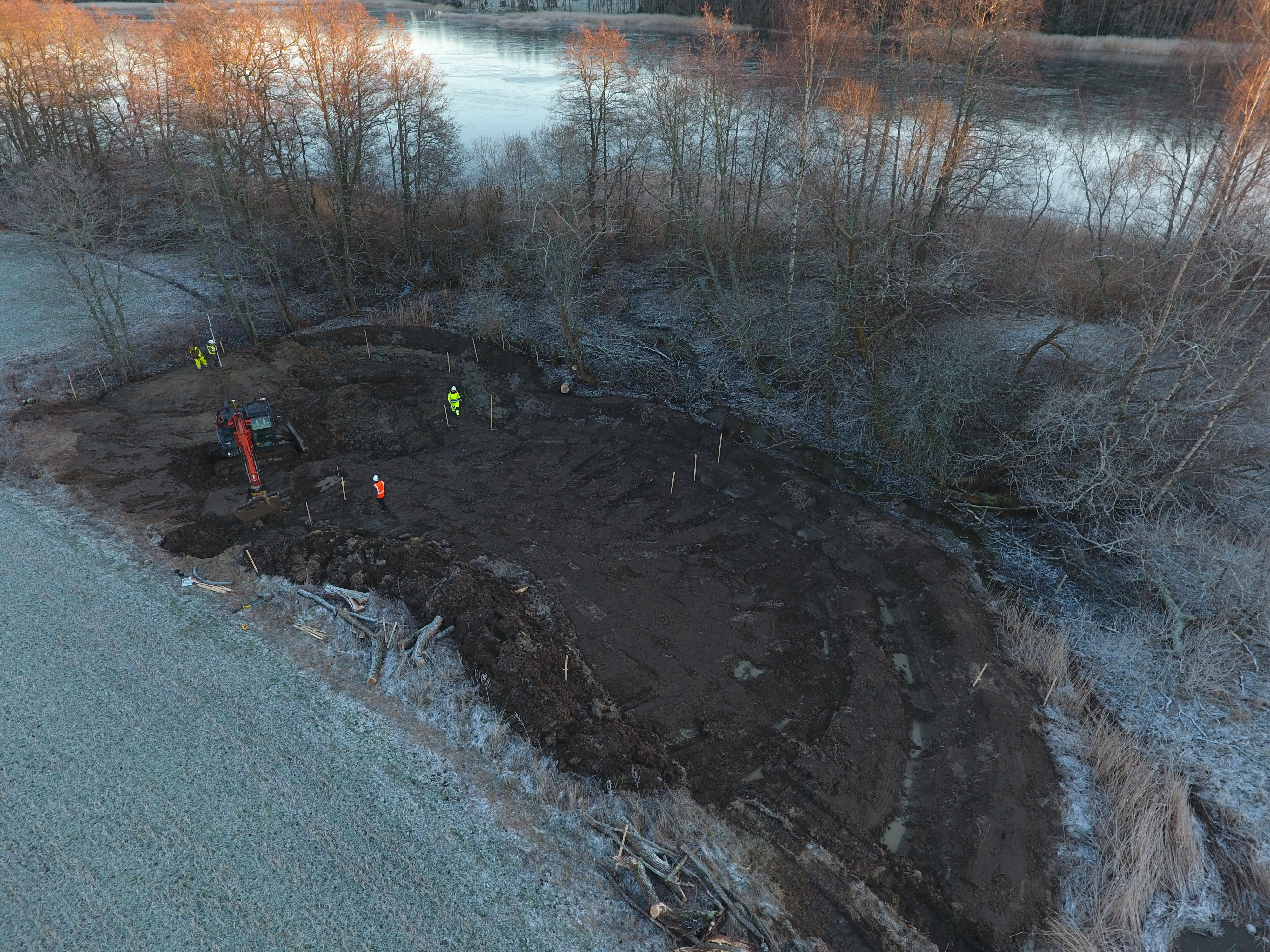
A wetland in Parainen improves the area’s natural values and water quality
A new water protection reservoir designed by Turku University of Applied Sciences has been completed at Sydänperti in Parainen. The wetland is designed to improve the water quality…
-
News
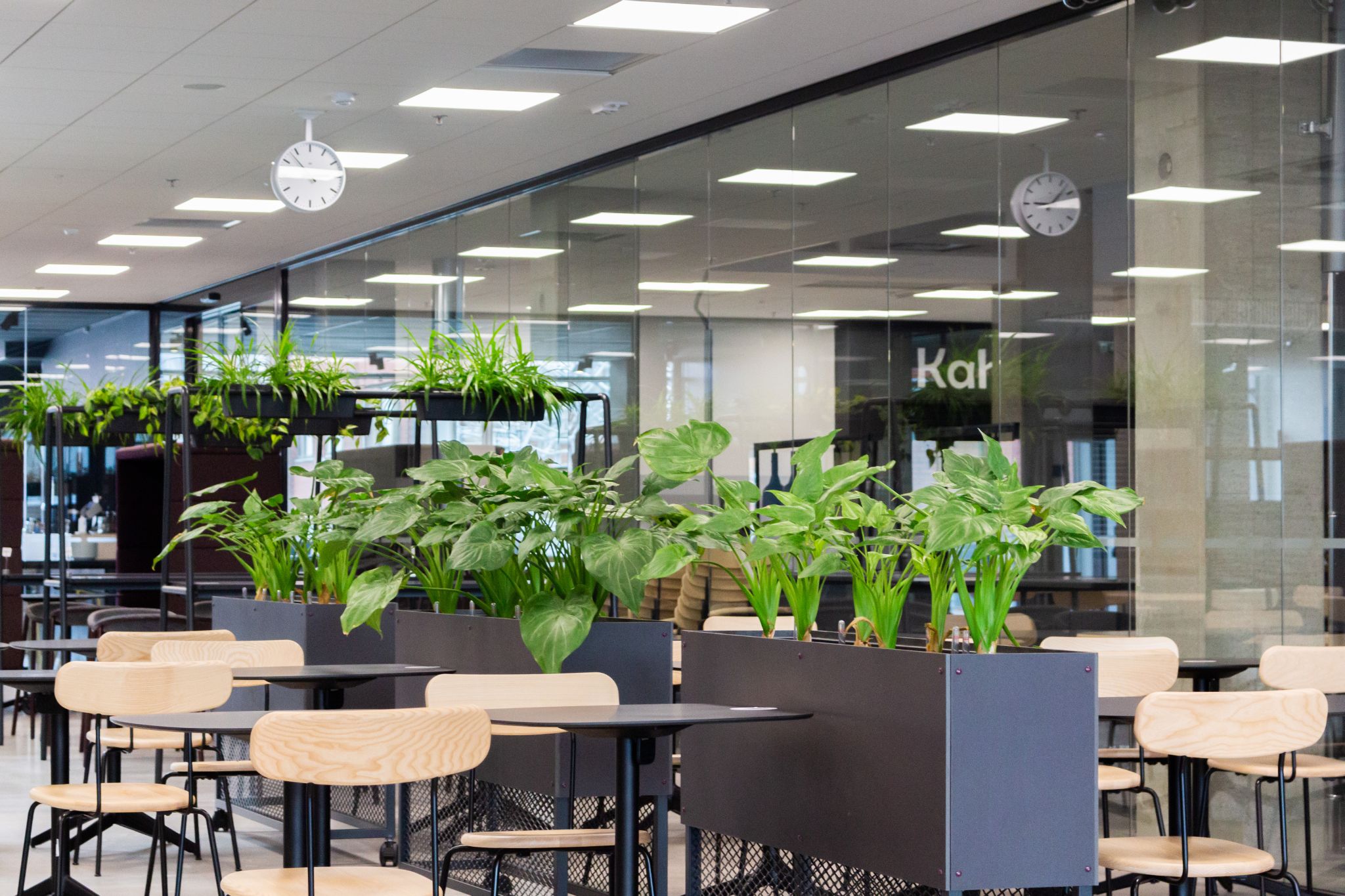
Turku UAS pays attention to sustainability and responsibility in the procurement of services and goods
Turku University of Applied Sciences pays attention to sustainability and responsibility in the procurement of services and goods. Practical measures include, for example, increasing organisational skills, offering certified…
-
News
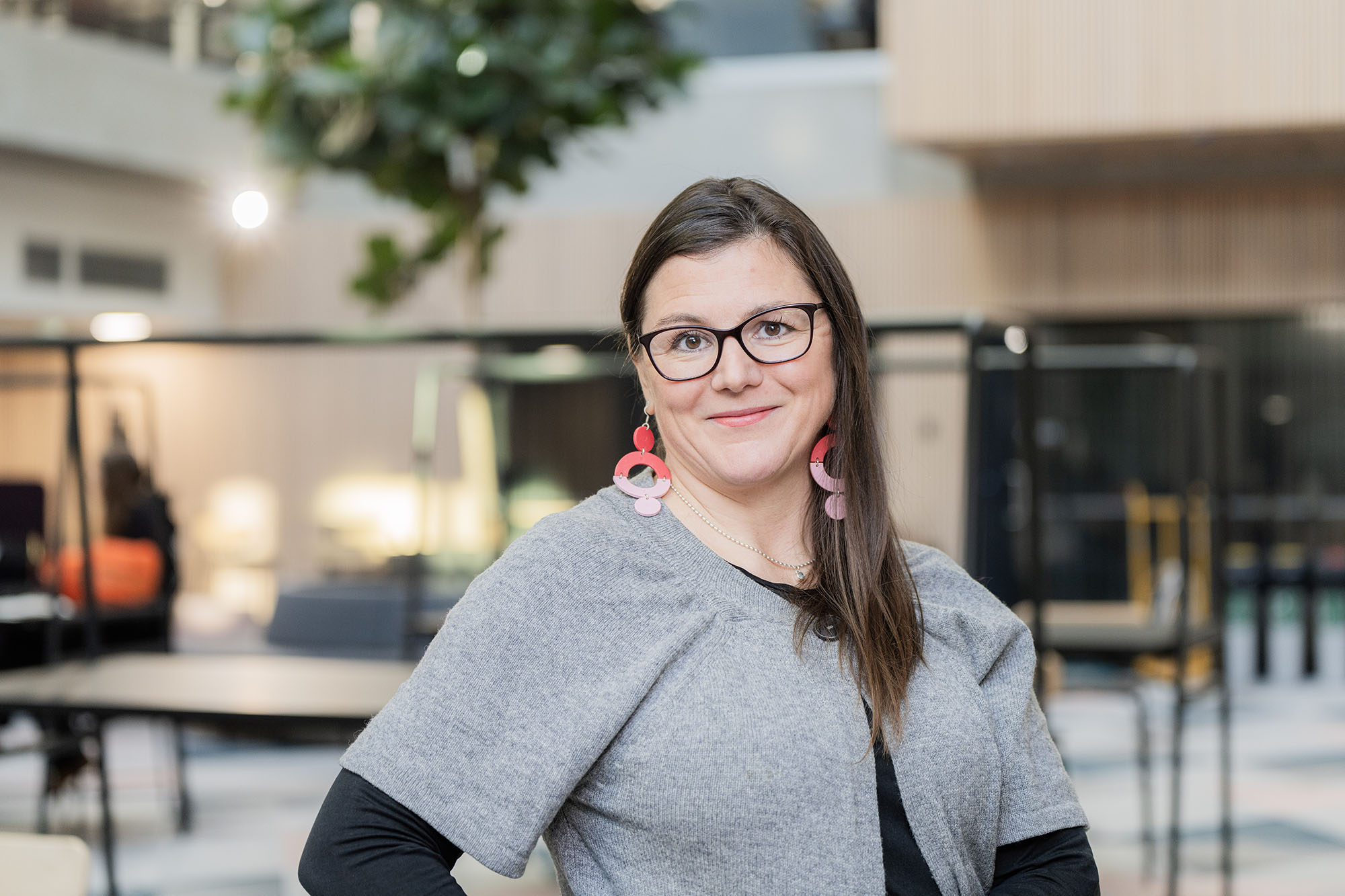
Lecturer Henna Knuutila’s handprint for the climate is visible in future experts and circular economy solutions
Henna Knuutila is working for the climate by teaching future professionals to be more sustainable. Turku University of Applied Sciences works towards sustainable development and responsibility by increasing…

